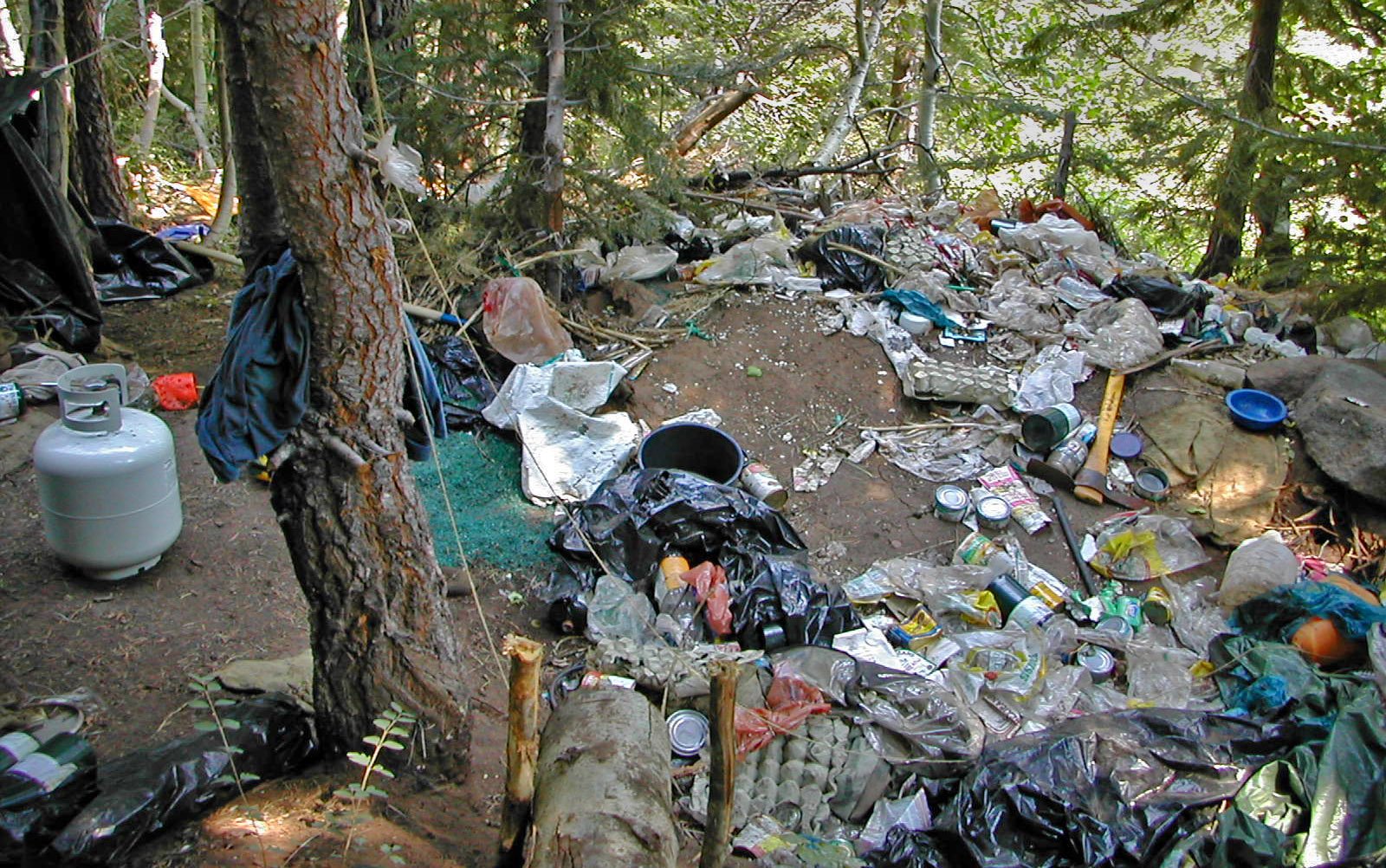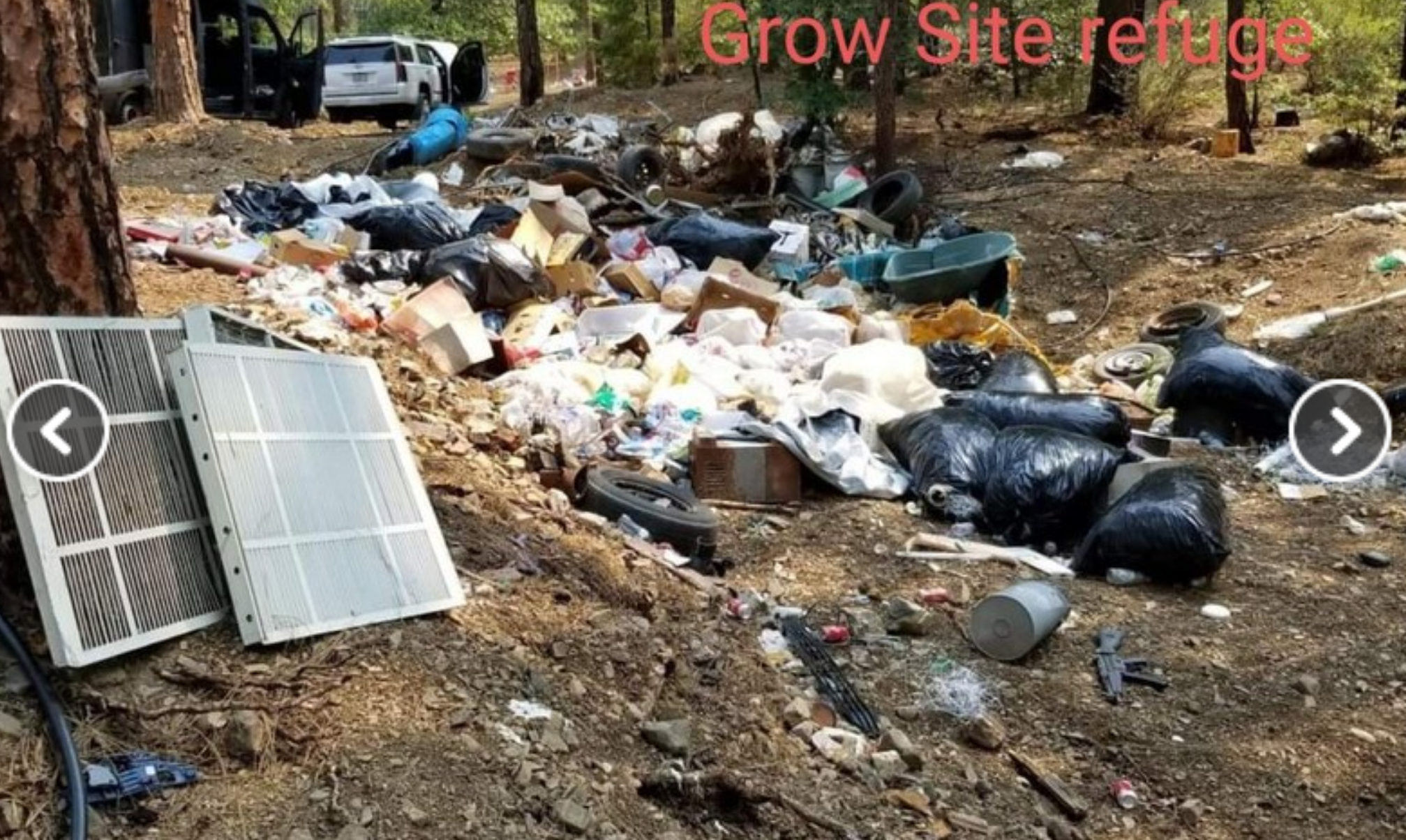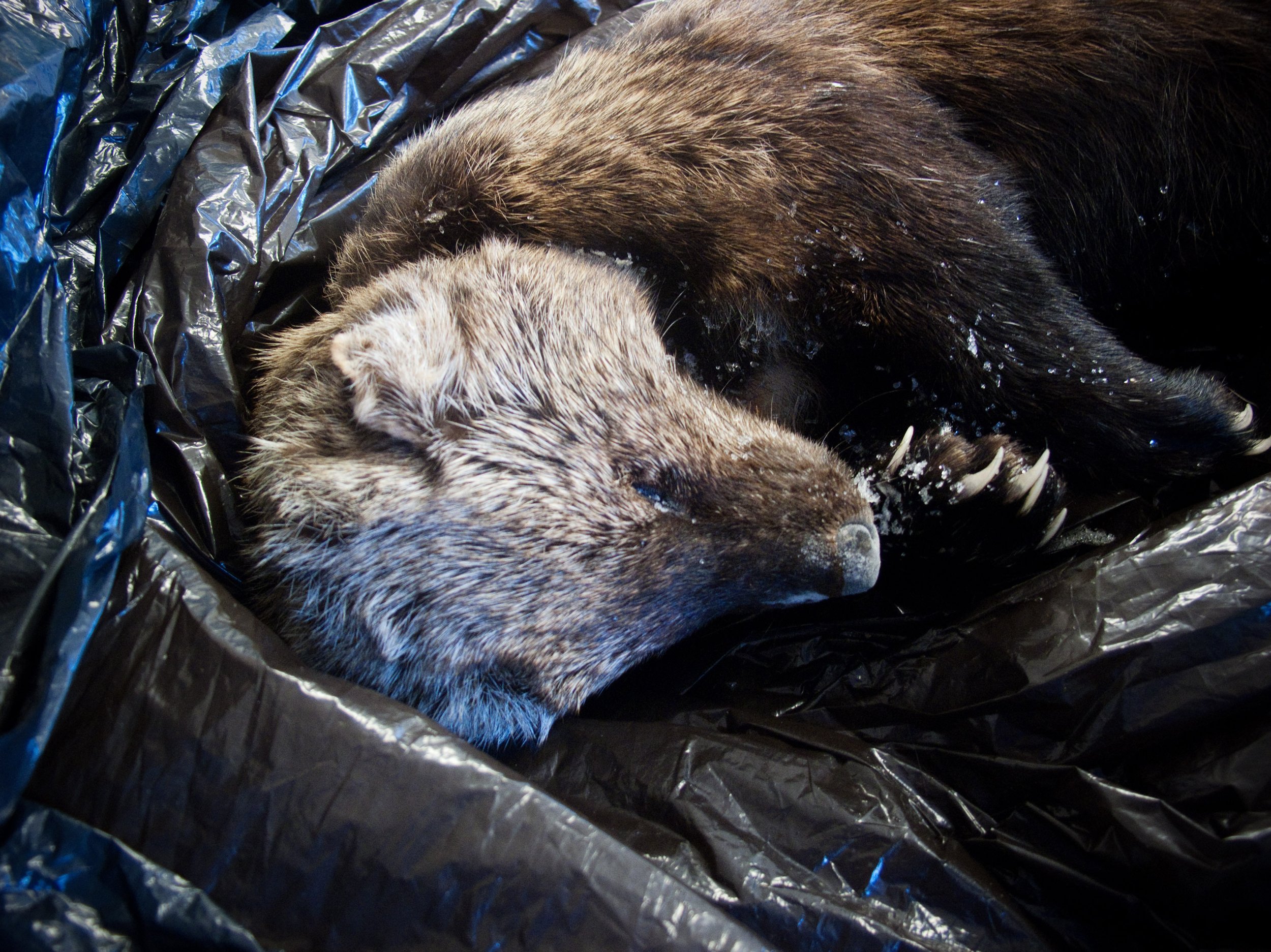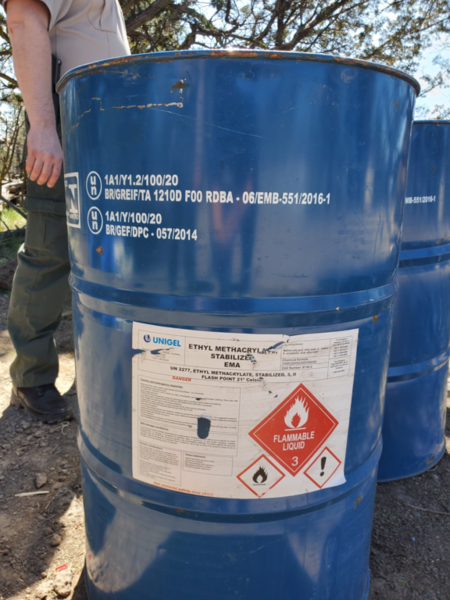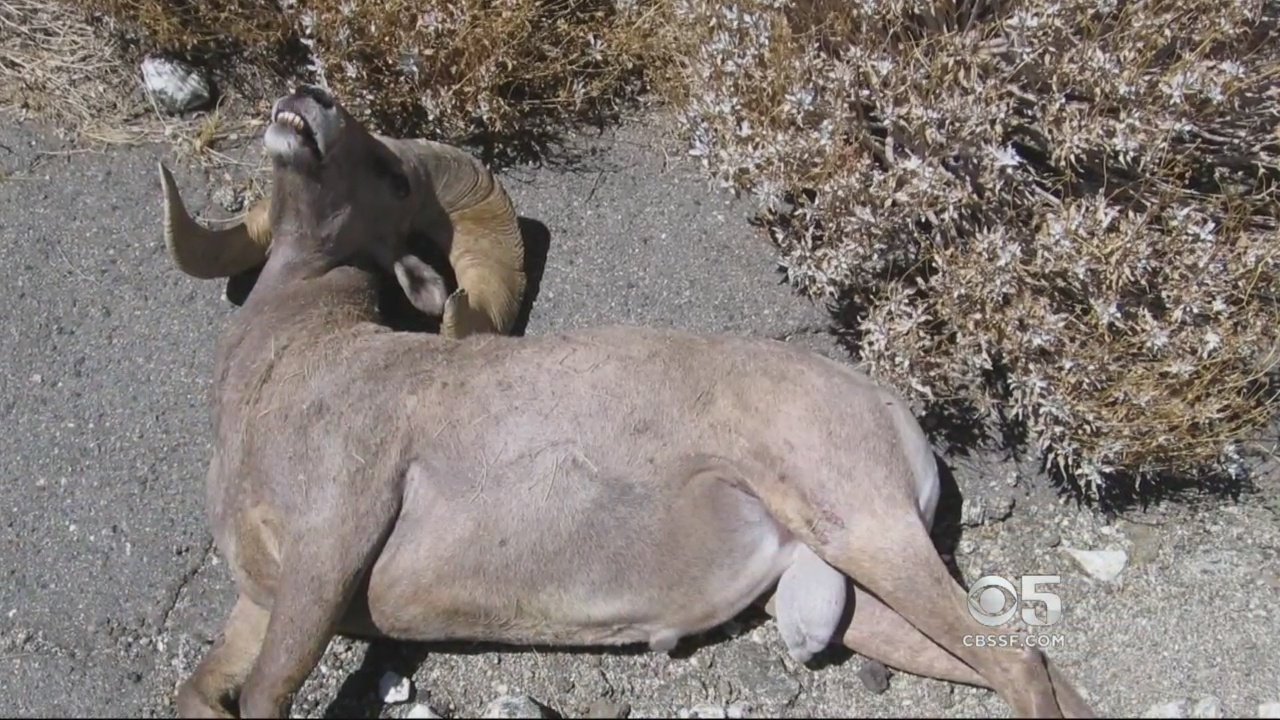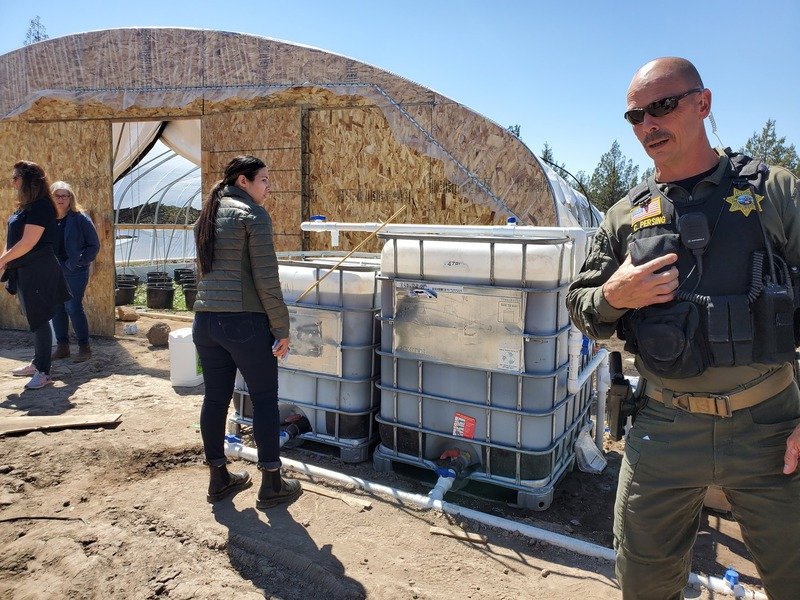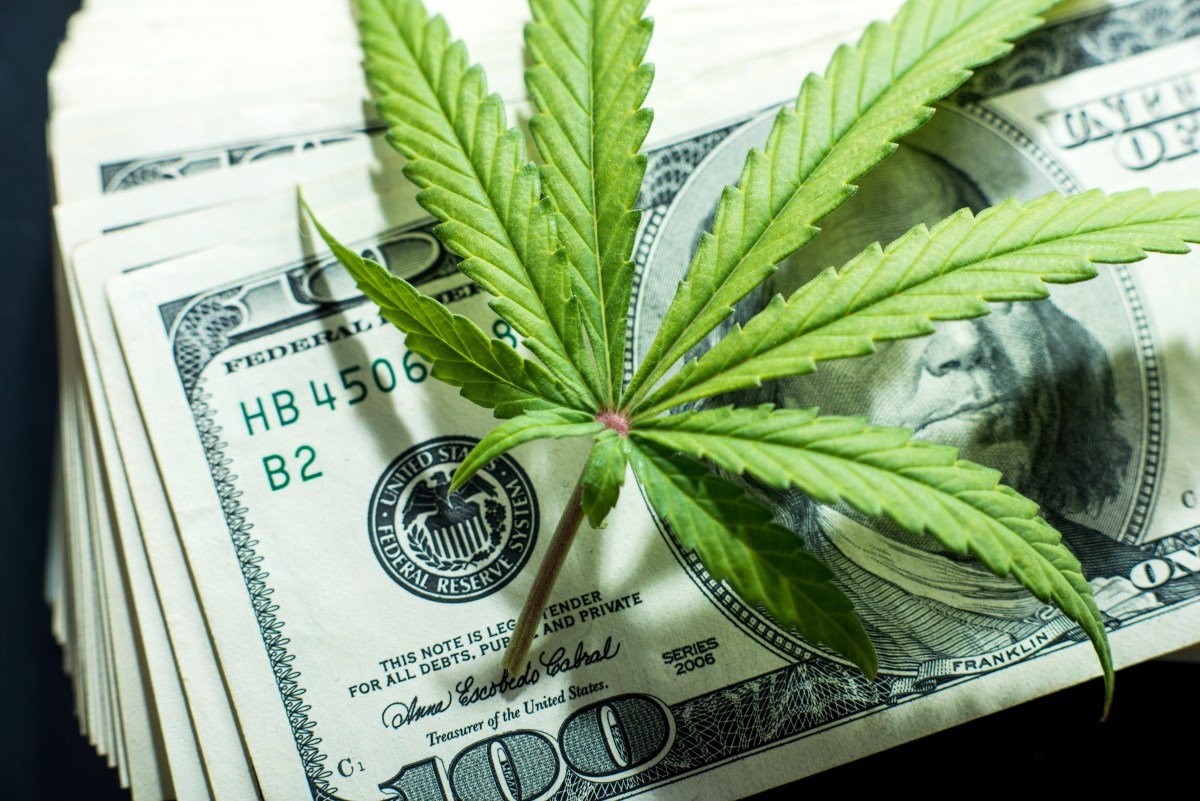
Promises unfulfilled: tax dollars not as promised, illicit market thrives
Marijuana tax revenues will not cover social costs of commercialization nor cure budget shortfalls.
In Colorado, where both an excise tax and a special sales tax are levied, the “sin” taxes (also including alcohol and tobacco products) make up approximately 2.6% of the state’s annual gross revenue. Although a complete and unbiased analysis of costs and benefits of commercialization has not been conducted, anticipated costs include: healthcare, traffic accidents and fatalities, lost workplace productivity, lost educational attainment. Benefits from criminal justice reform can be achieved from decriminalization without commercialization.
Marijuana commercialization will not stop the black market, only effective enforcement does.
A Colorado state-funded report found that the dangerous new marijuana products produced by the legal market do get into the hands of kids. Another study found that seizures of Colorado marijuana in the U.S. mail system increased by 1,042% after legalization.
Illicit Market
Legalization has led to greater black-market activity than ever before. The illicit market cannot be regulated away; it hinders existing law enforcement efforts to curtail illicit drug trafficking.
The legal pot business does not want to be taxed. Plus, they do business with the illicit market. Why? One reason is that there is so much pot that the legal market can’t sell it all. So they put the overflow in the illicit market.
Legal marijuana is not reducing the black market. Legal marijuana businesses are aiding and supporting Illegal marijuana.
These illicit operations are run with slave labor, illegal pesticides & rodenticides, and steal California’s water. Because of this, their overhead is very low, and they will always be able to undercut the legal market. Always. A legal shop will still be competing with the illicit market. This is a problem in all of California.
For Additional Photos of Environmental Damage Caused By Marijuana Farms Go HERE
Legal pots shops are a cash business. It is estimated reported income on legal pot sales reflects about 50% of actual sales. How can this be traced? We’re trusting a cash business that illegally sells its products to the illicit market? And one that is complaining about being taxed?
In September 2021, a cannabis company sued government regulators in state court in Orange County, alleging so-called burner distributors were using shadowy “front men” to get licenses to buy wholesale cannabis, then selling it in the illegal market to sidestep taxes.
“No one is making money anywhere in the (legal) supply chain,” he said, noting his own sales have nosedived.
Double dealing: Legal, illicit blur in California pot market | AP News
